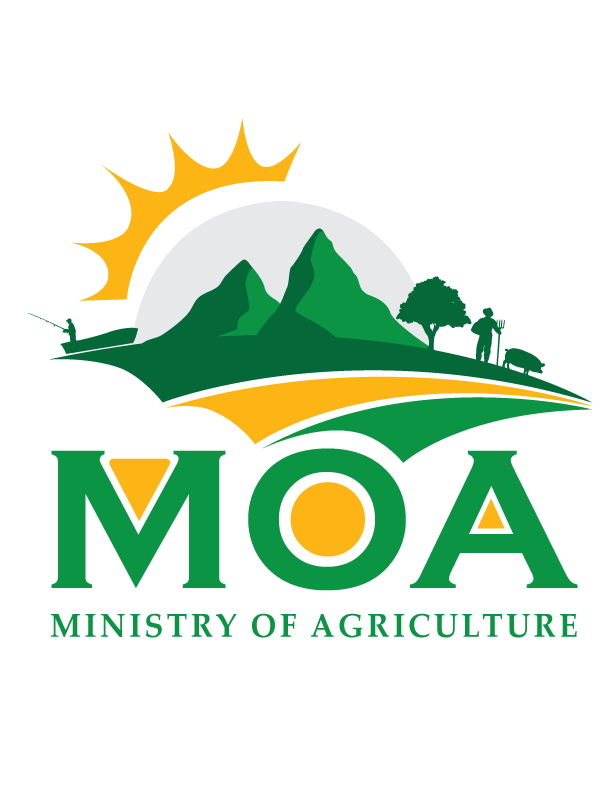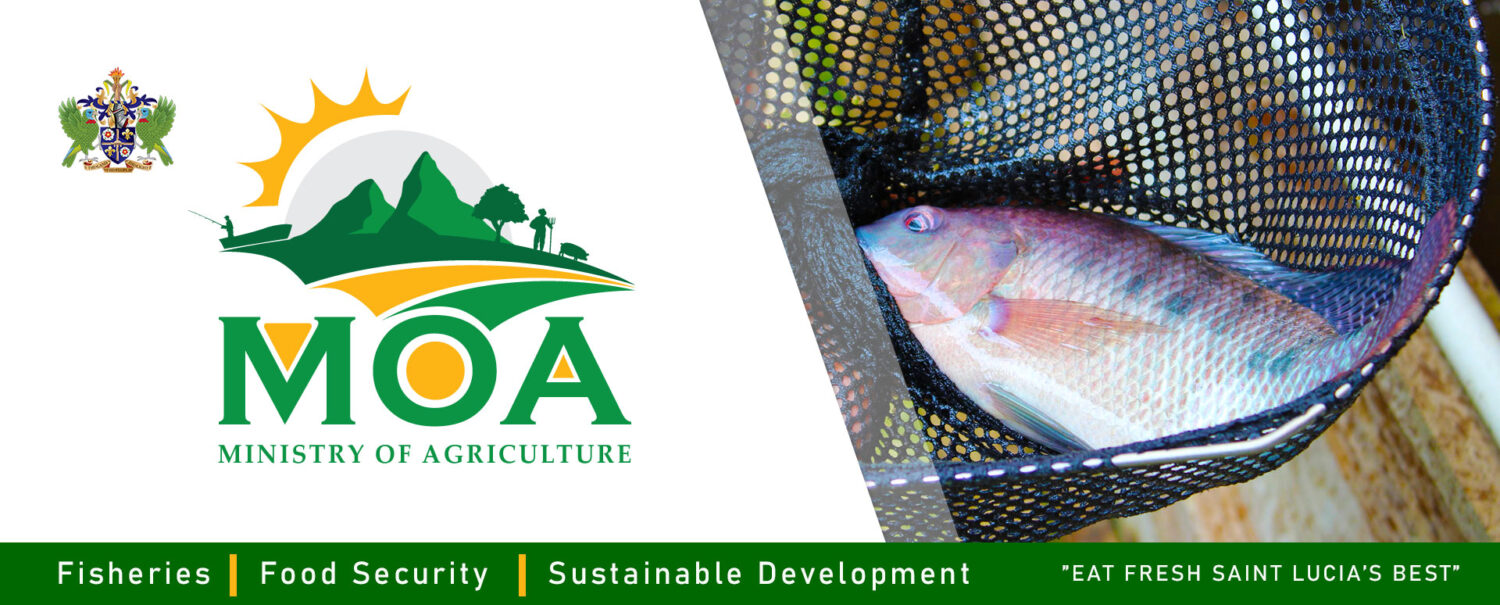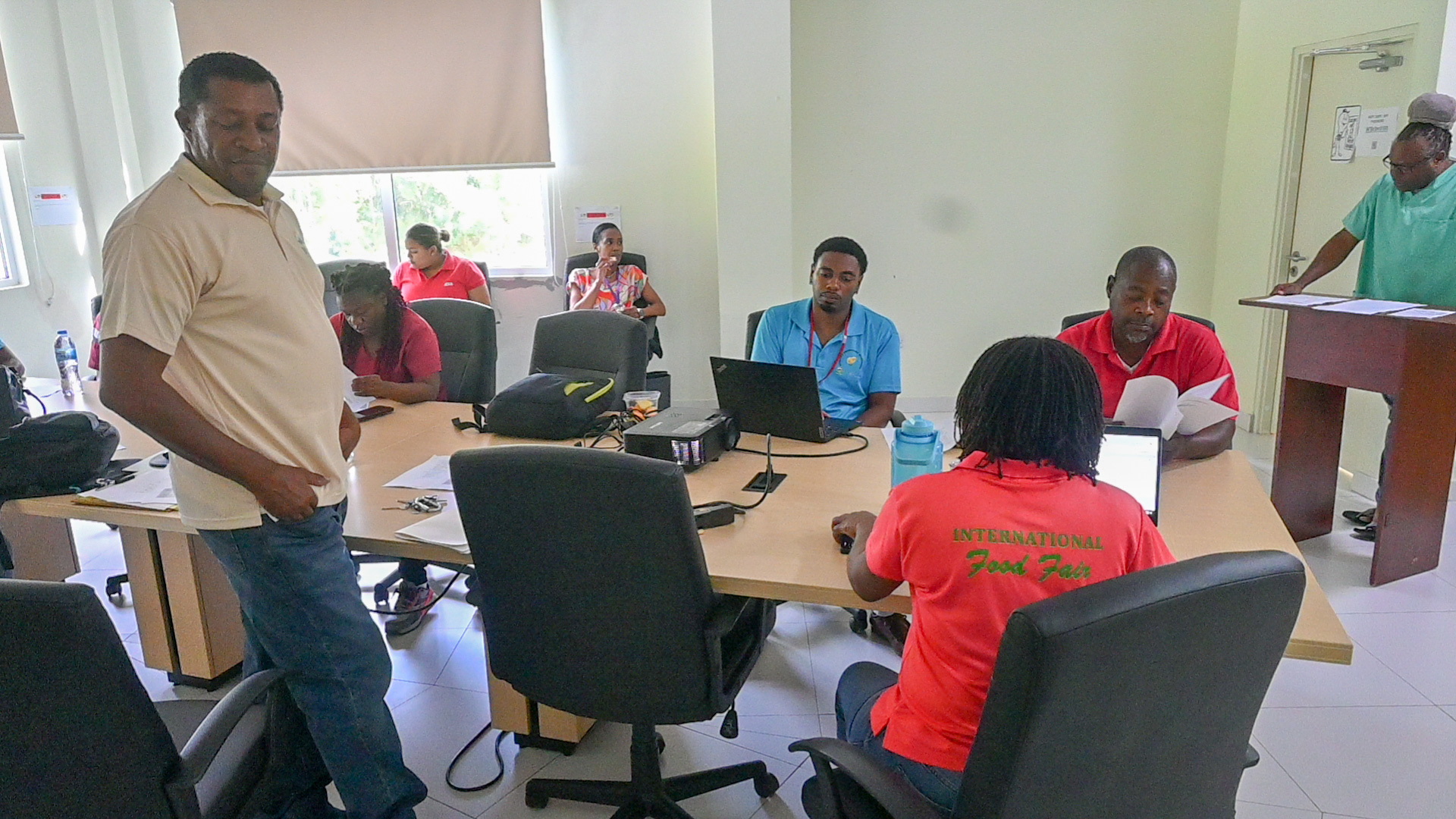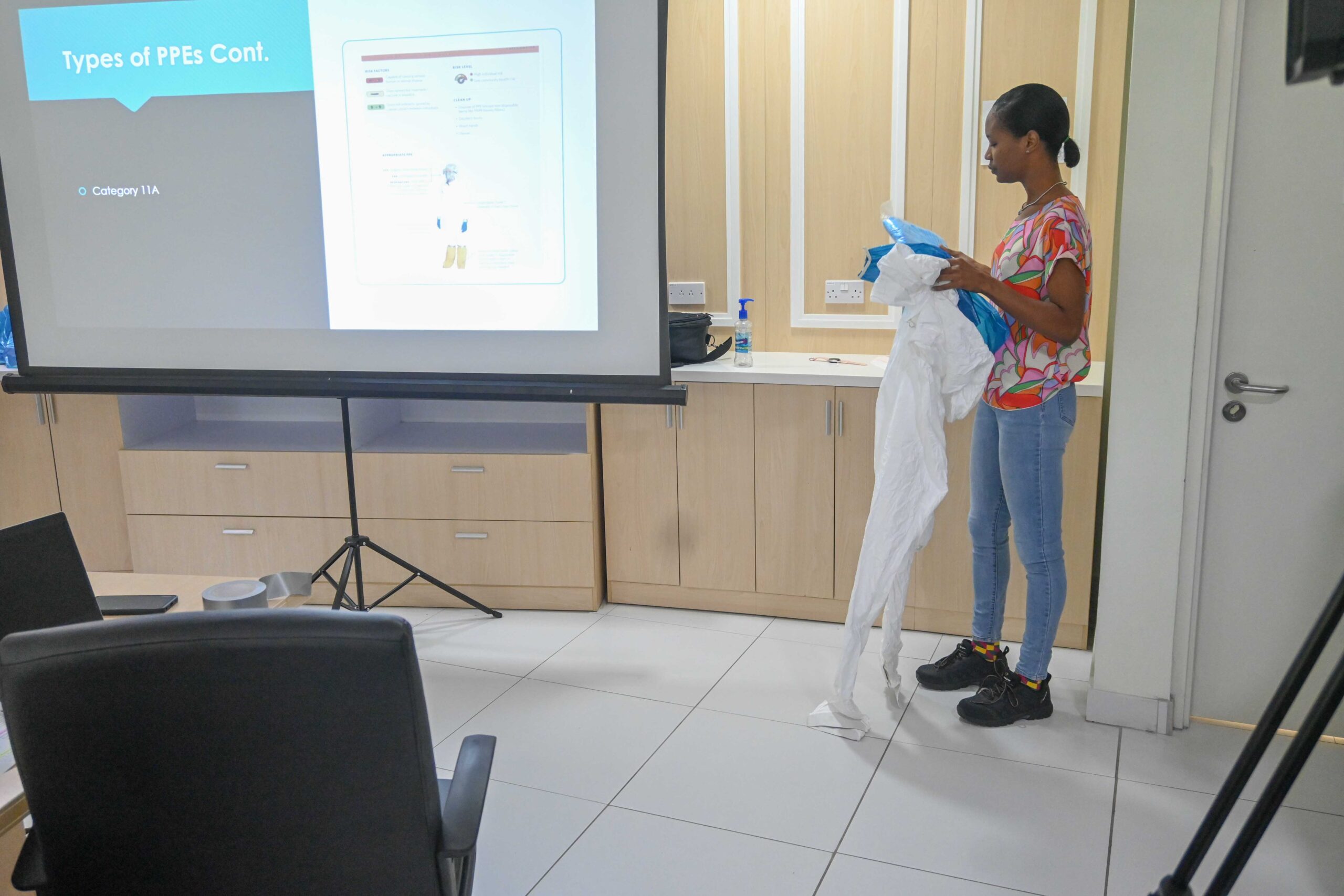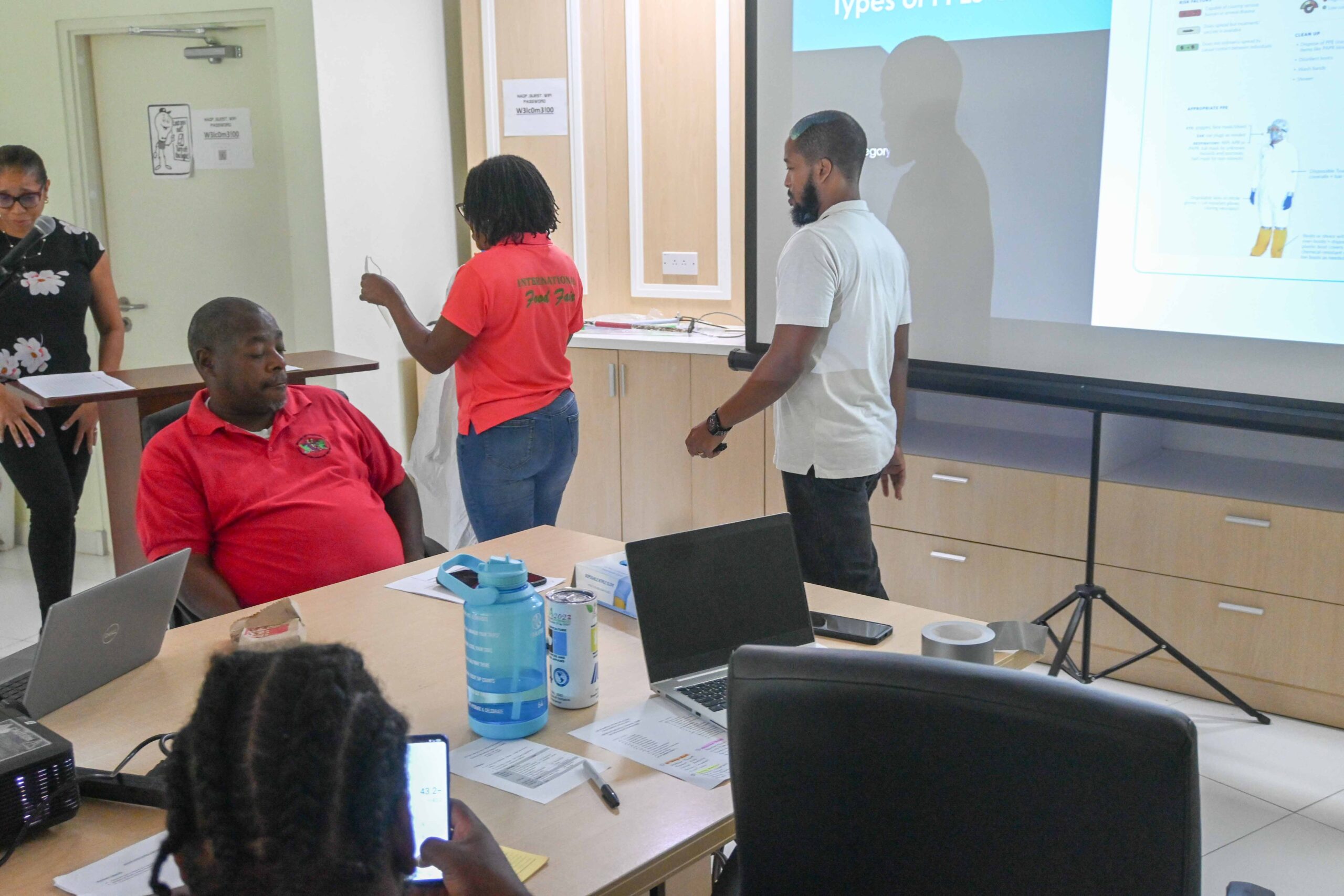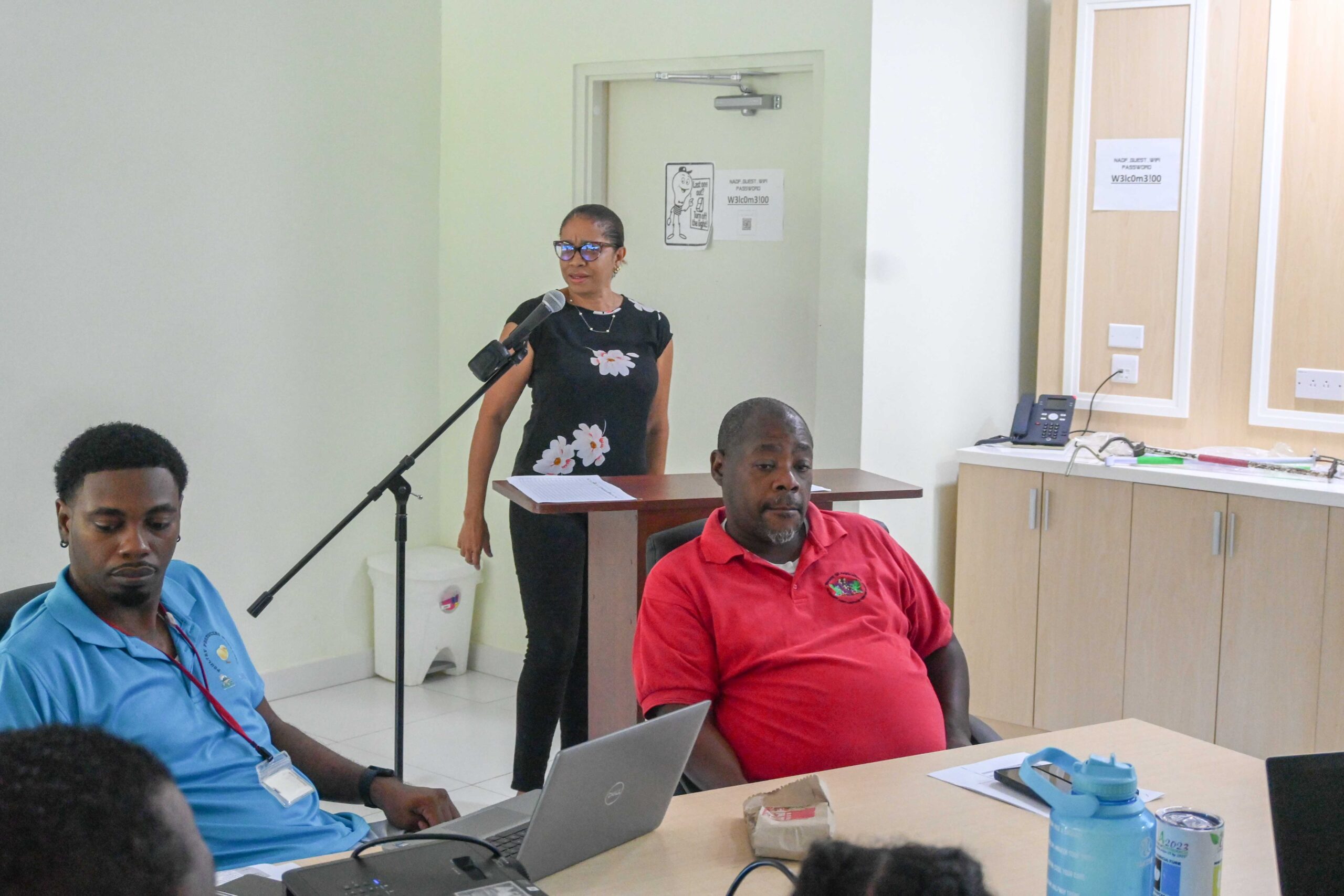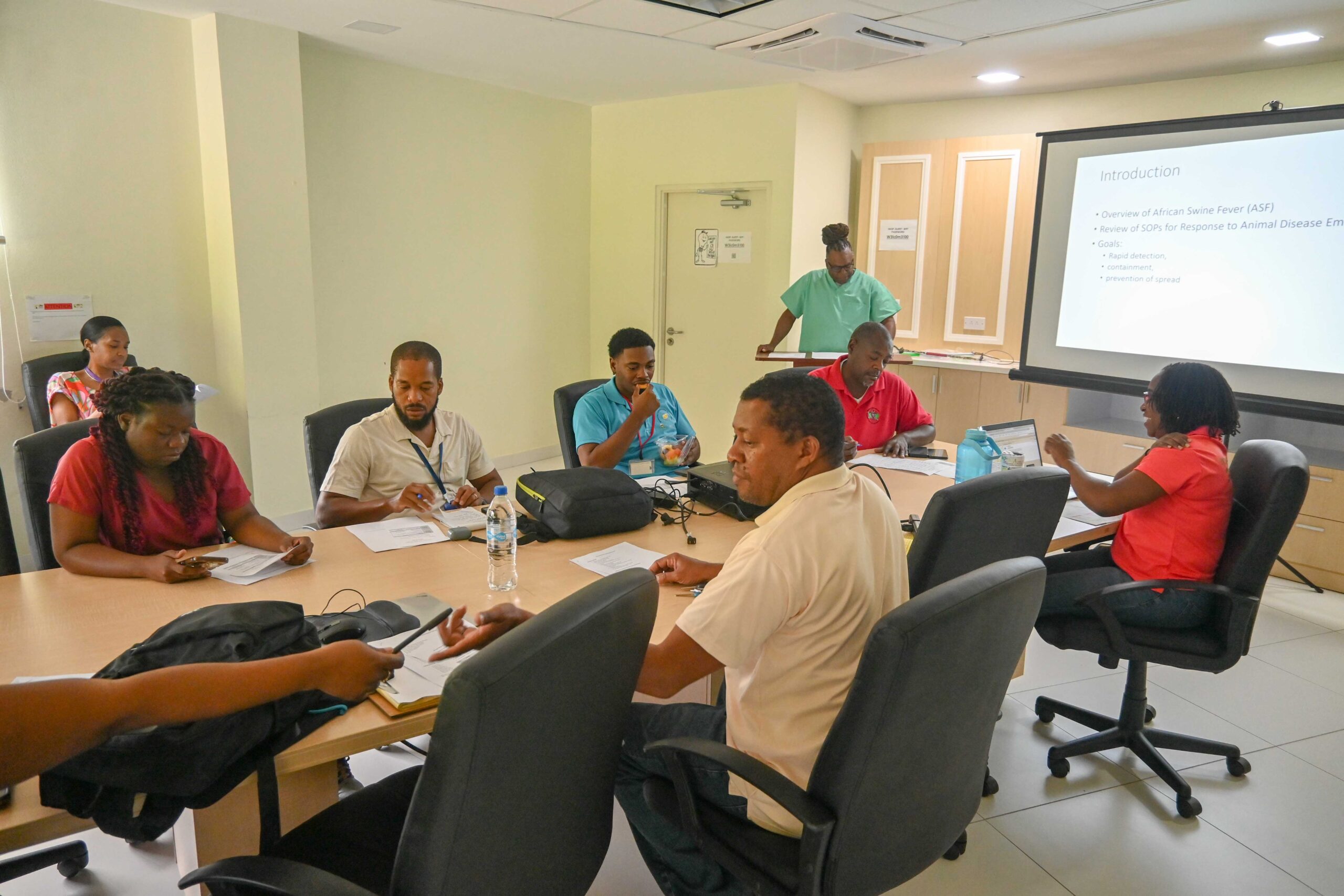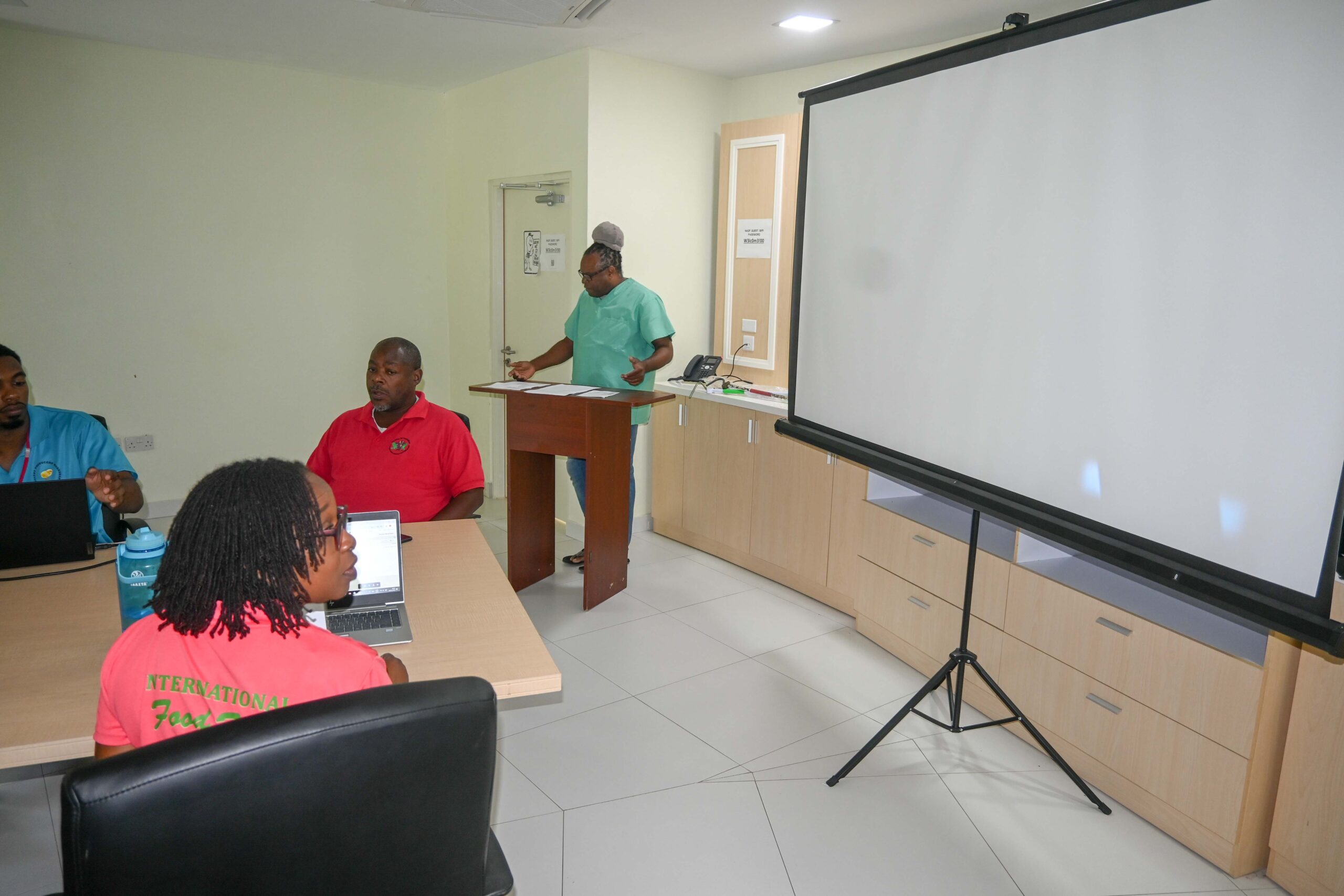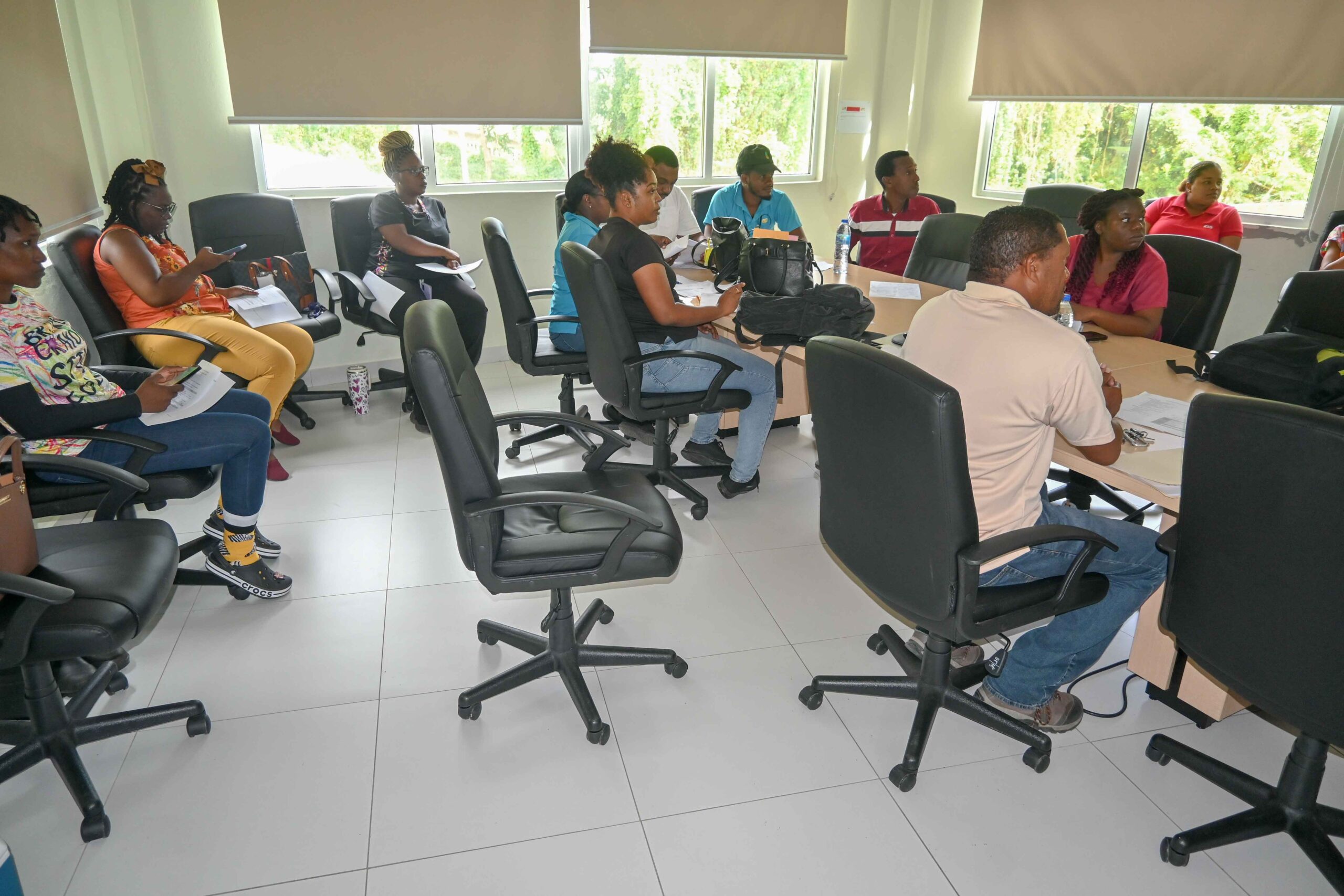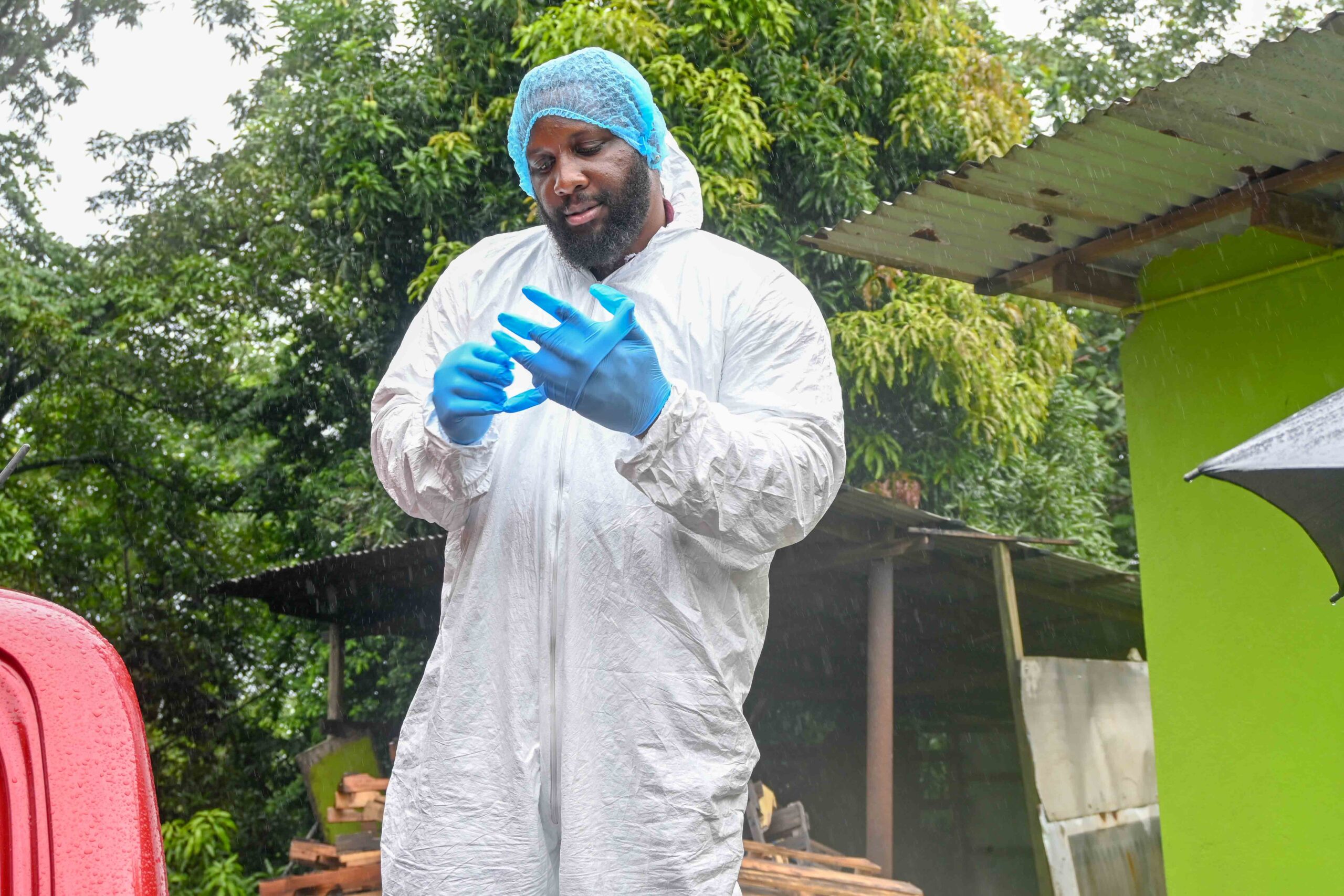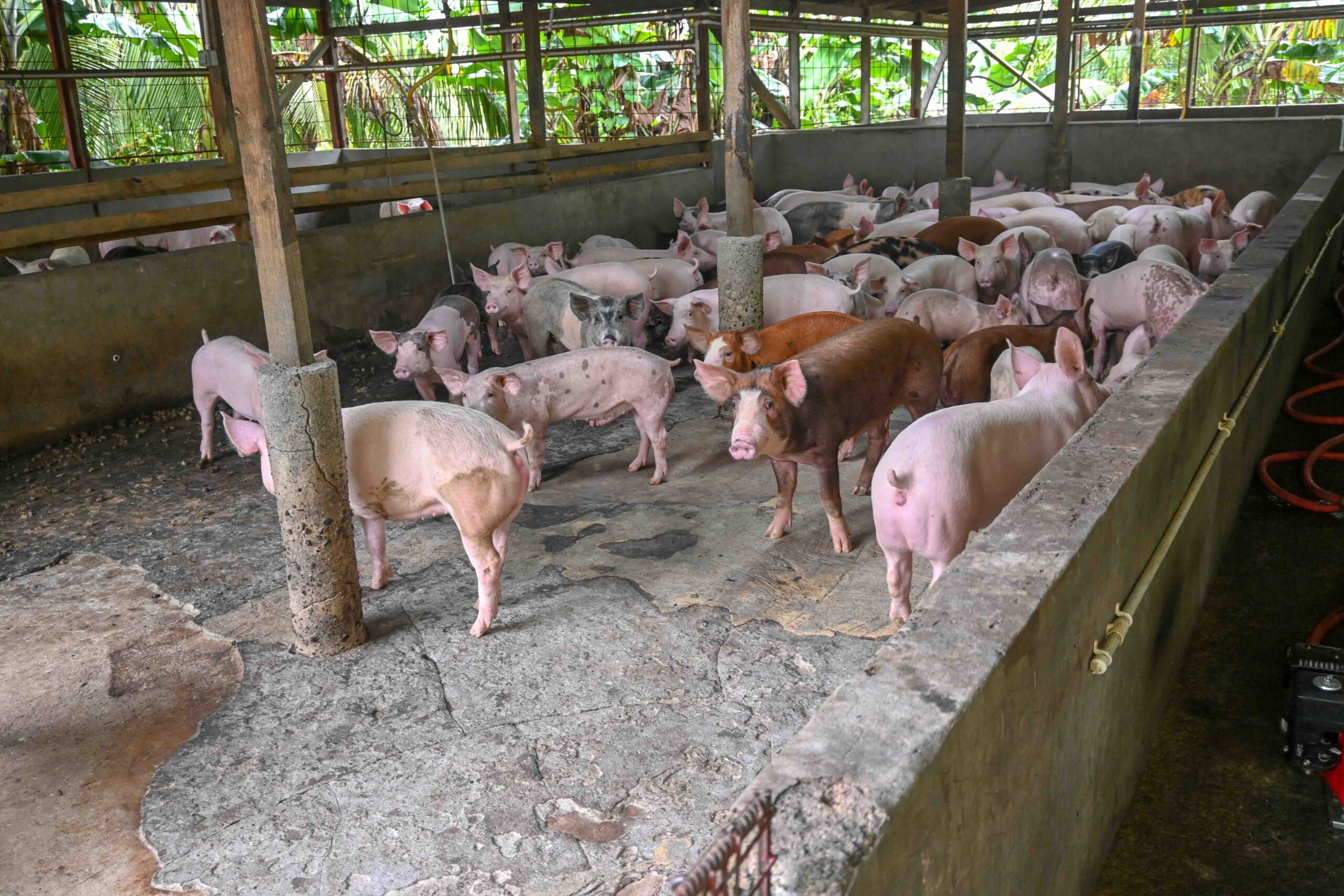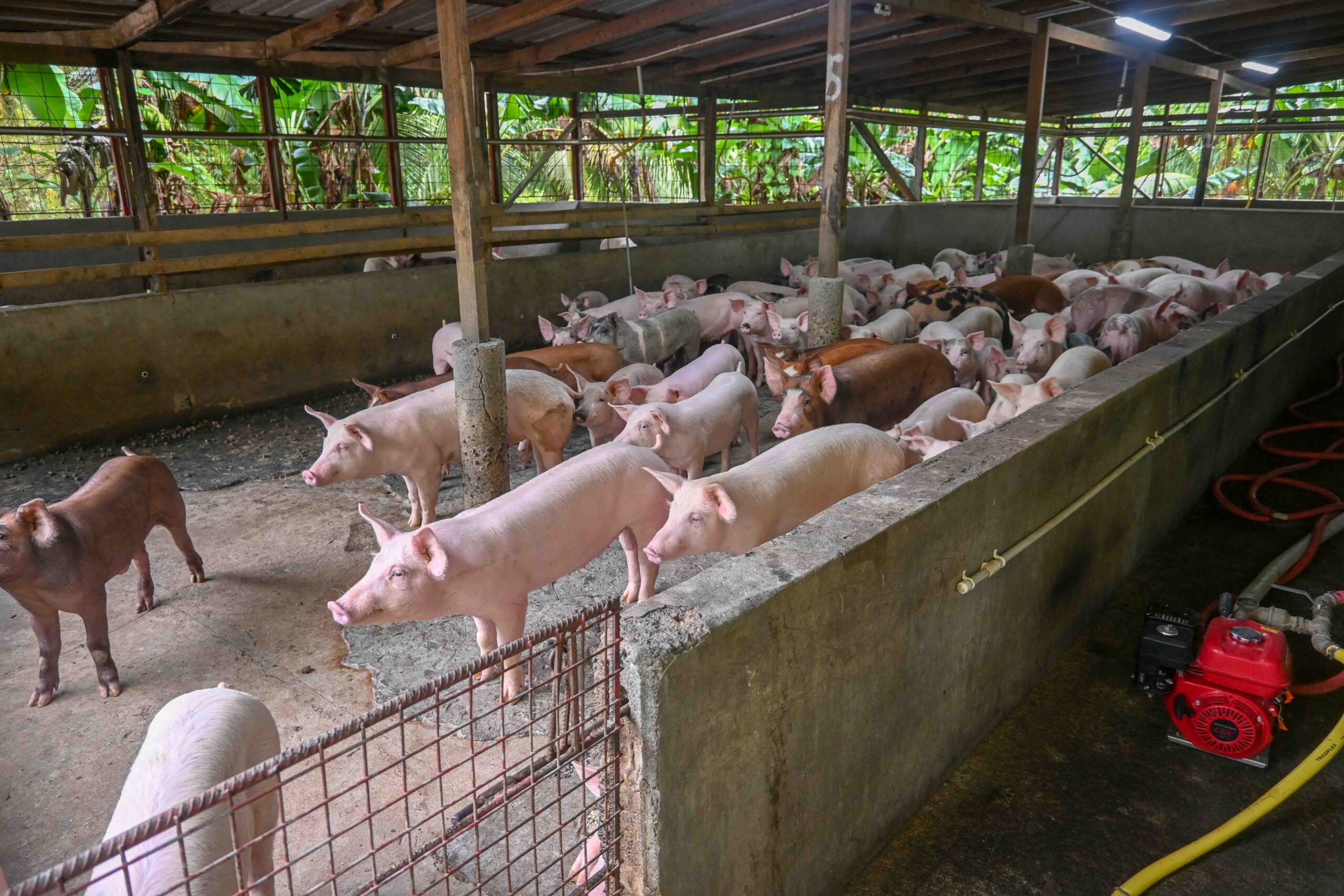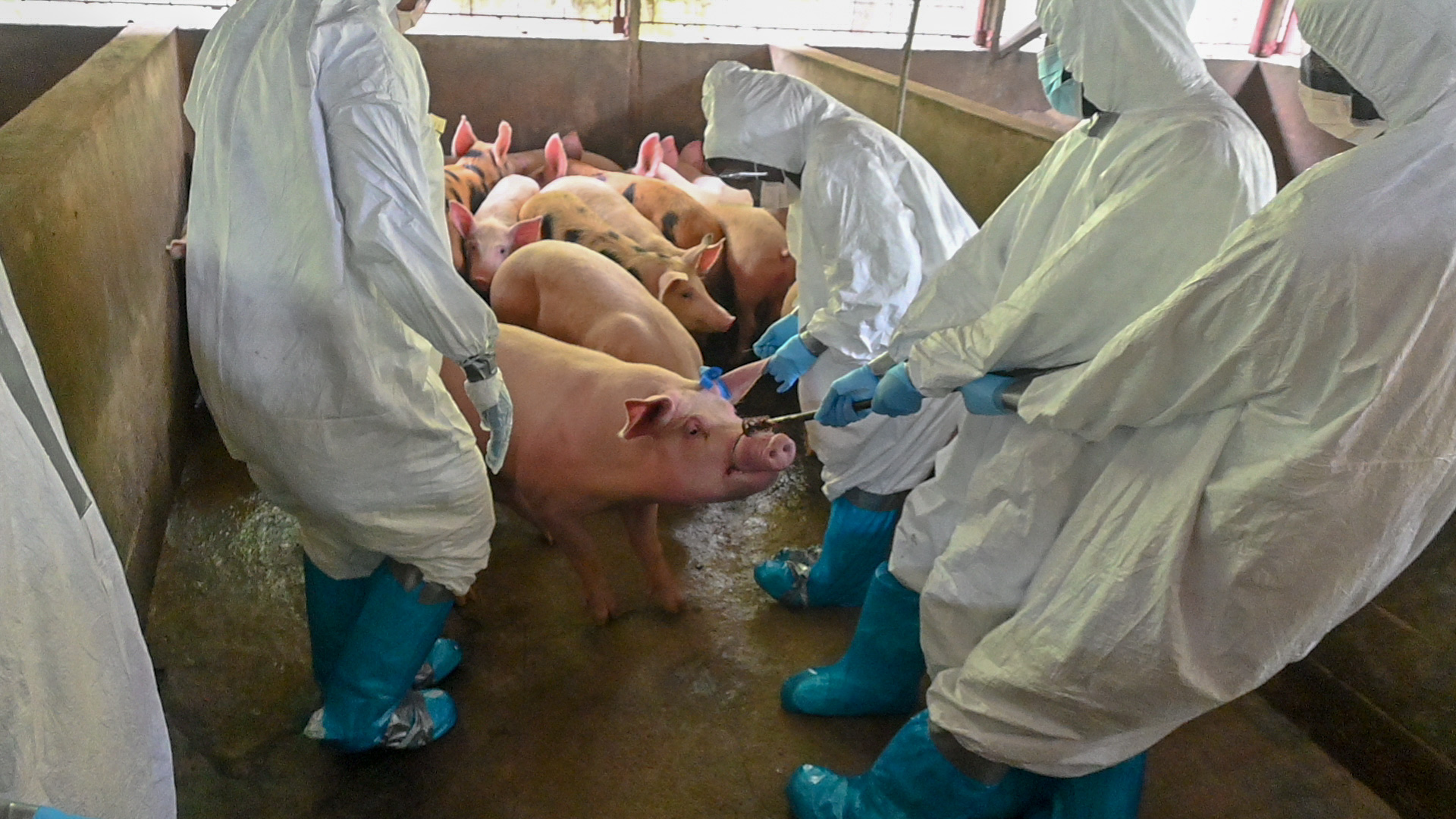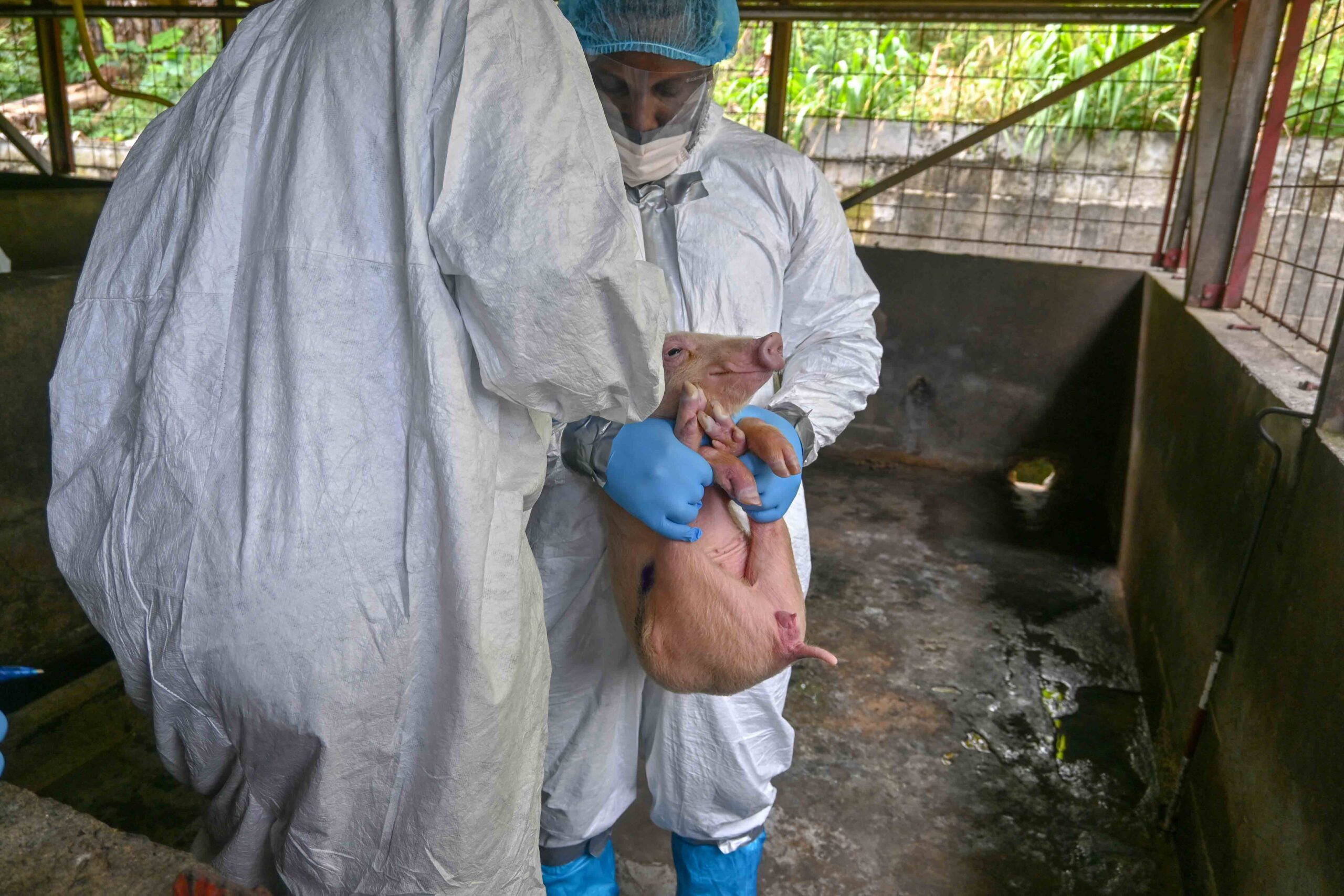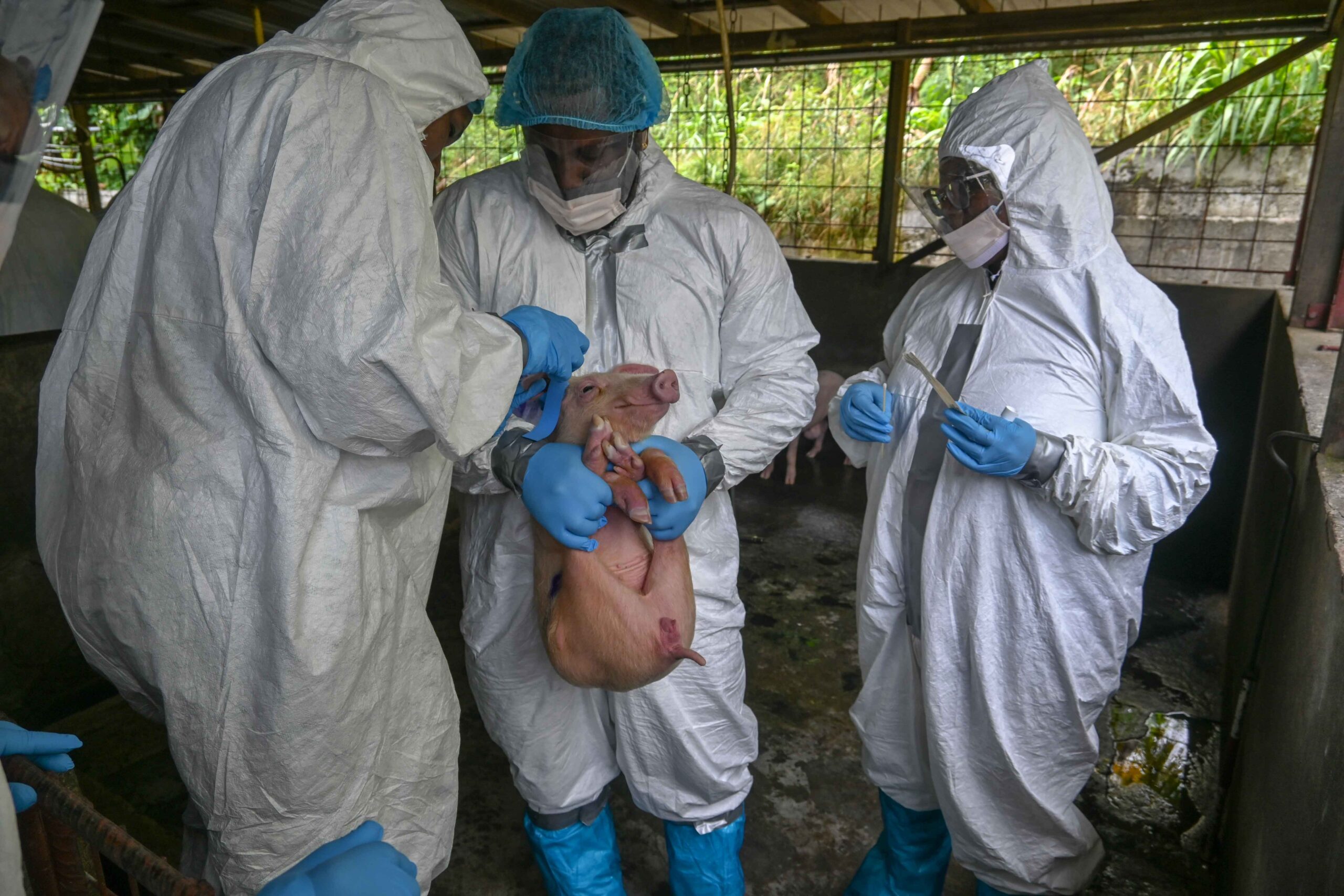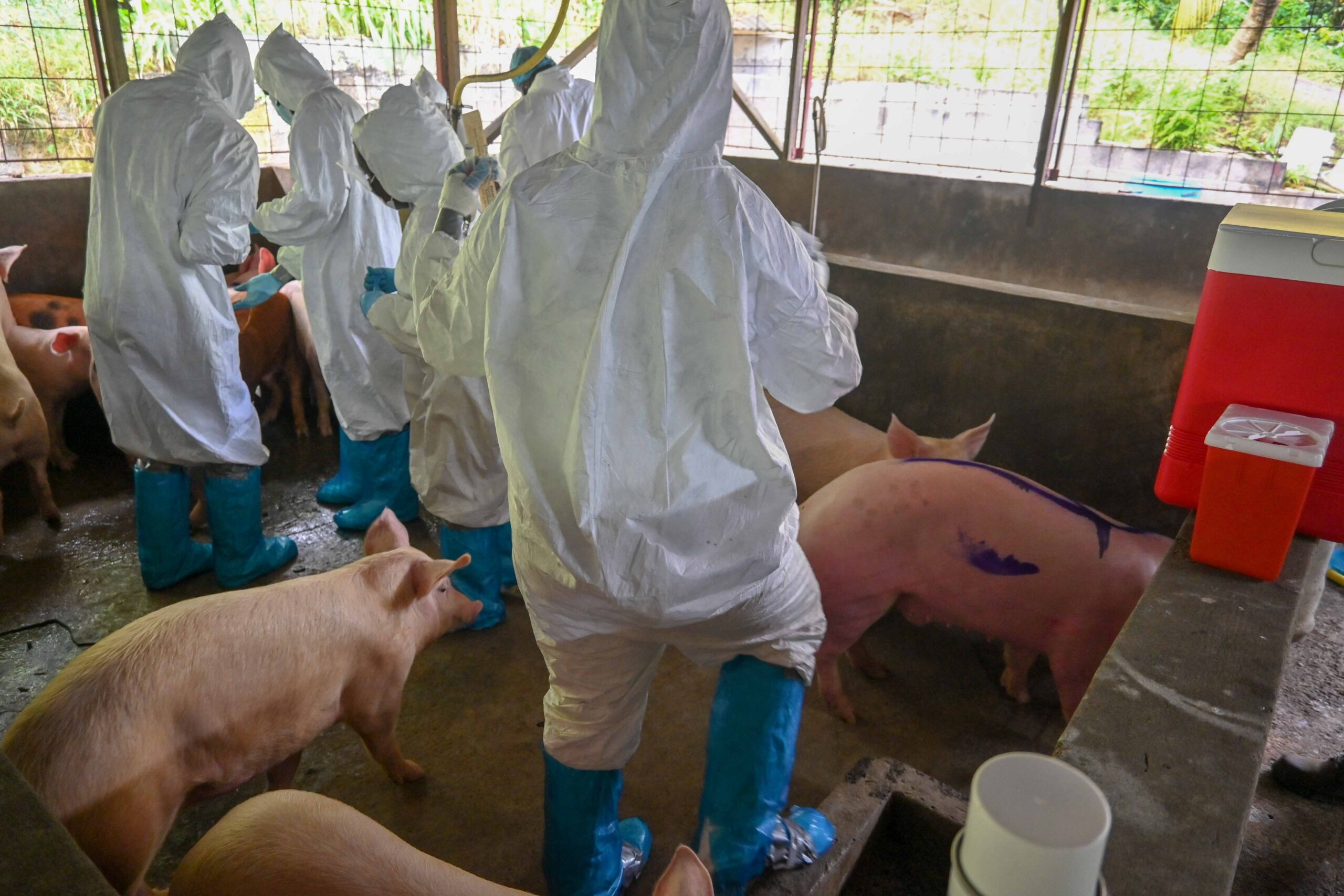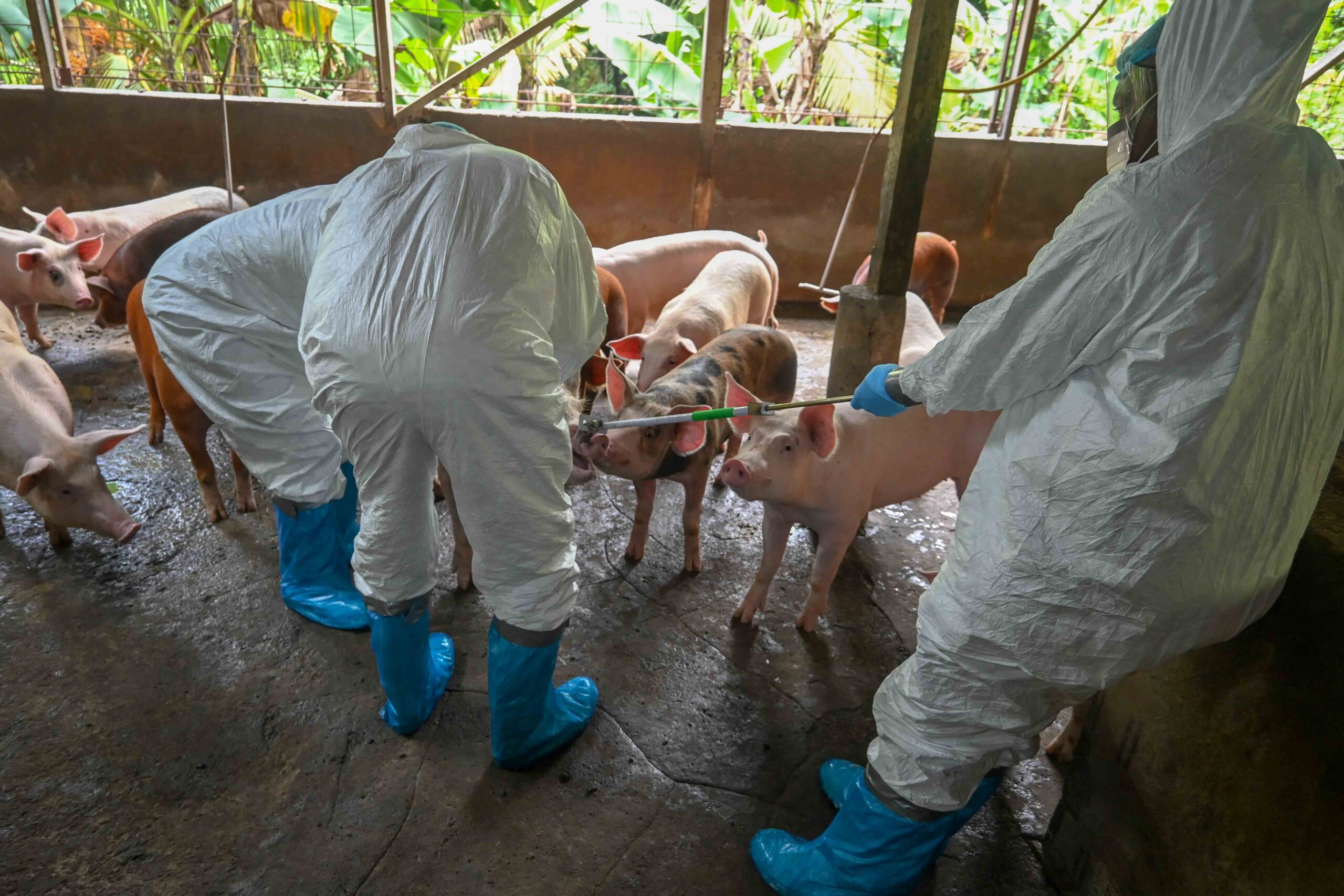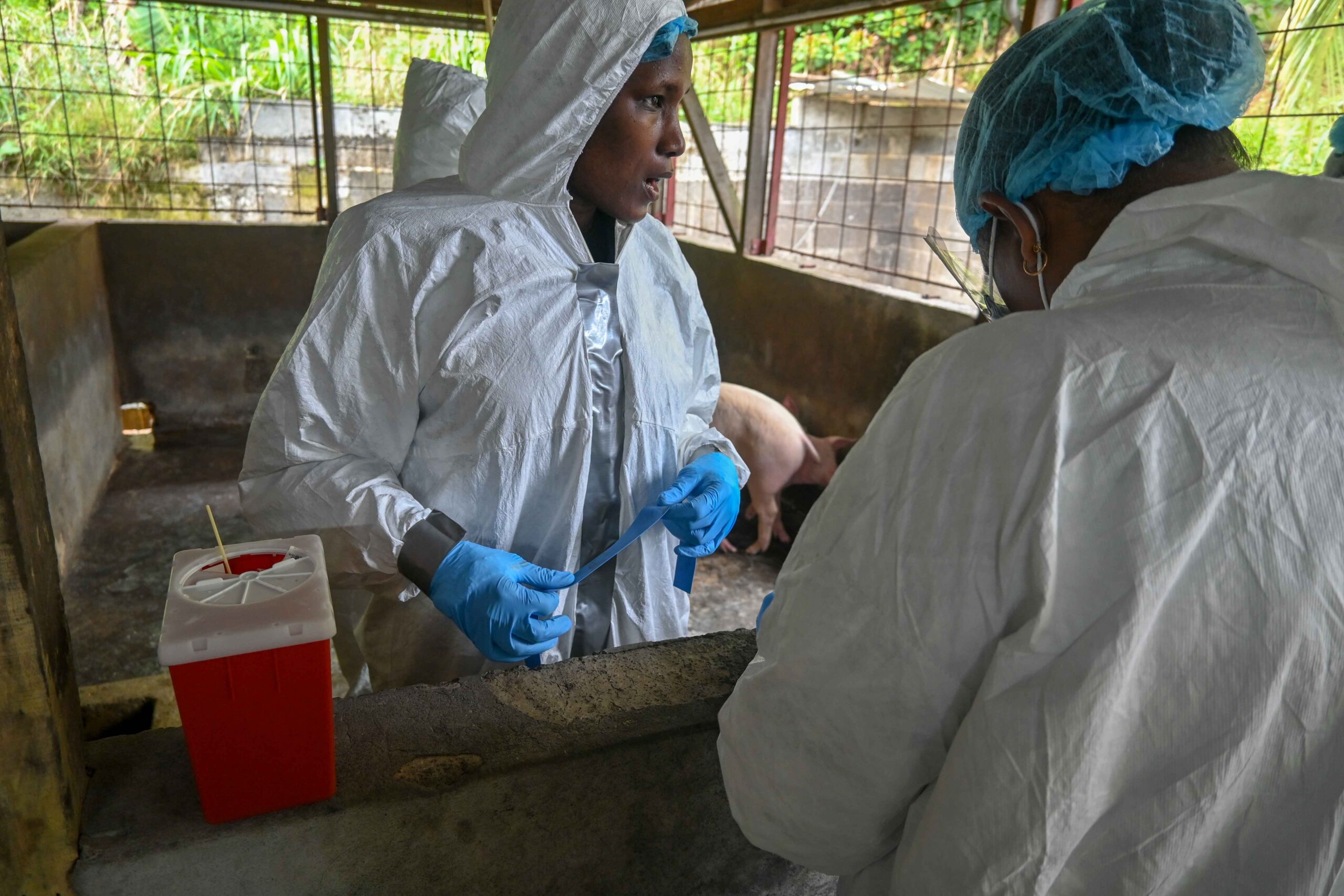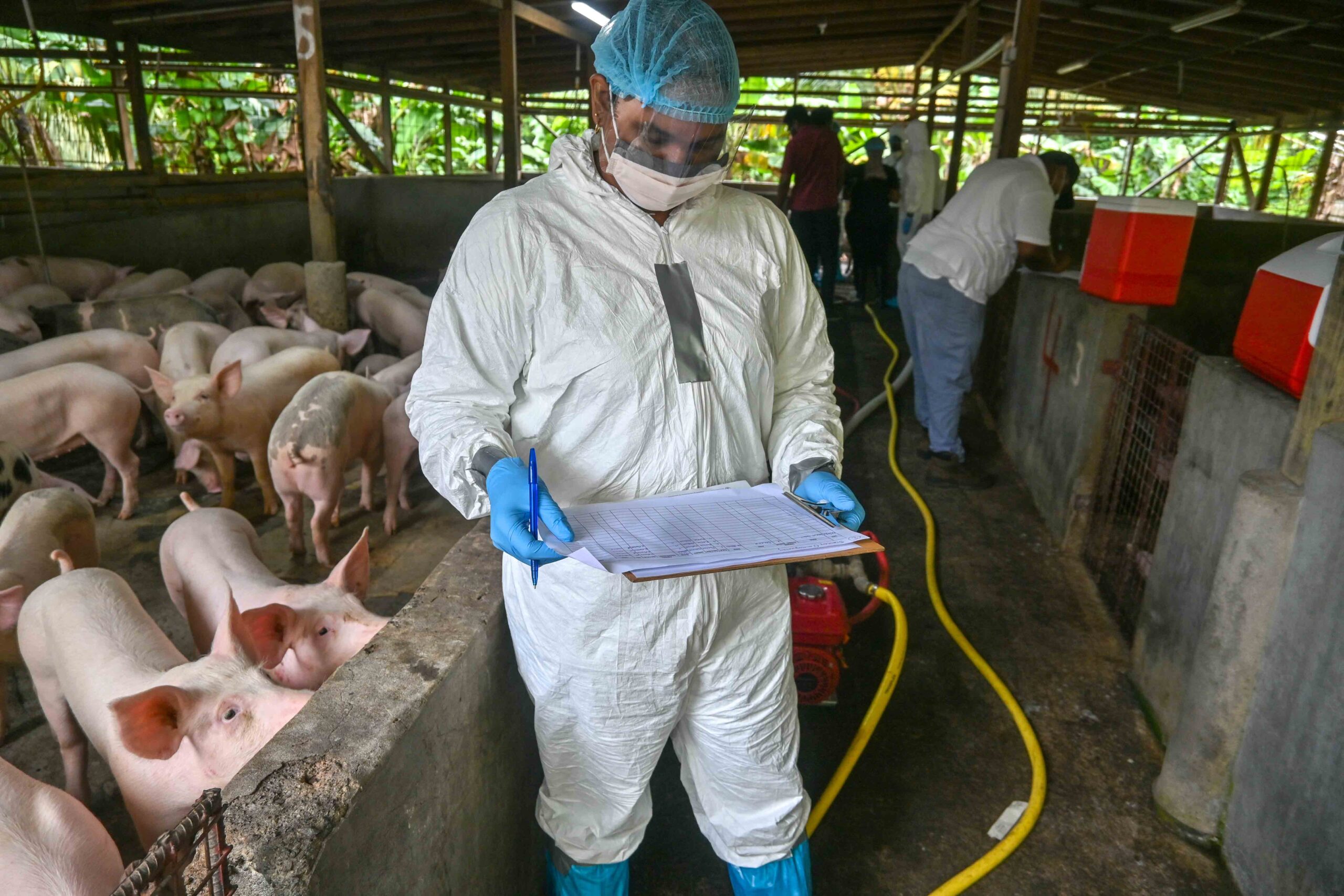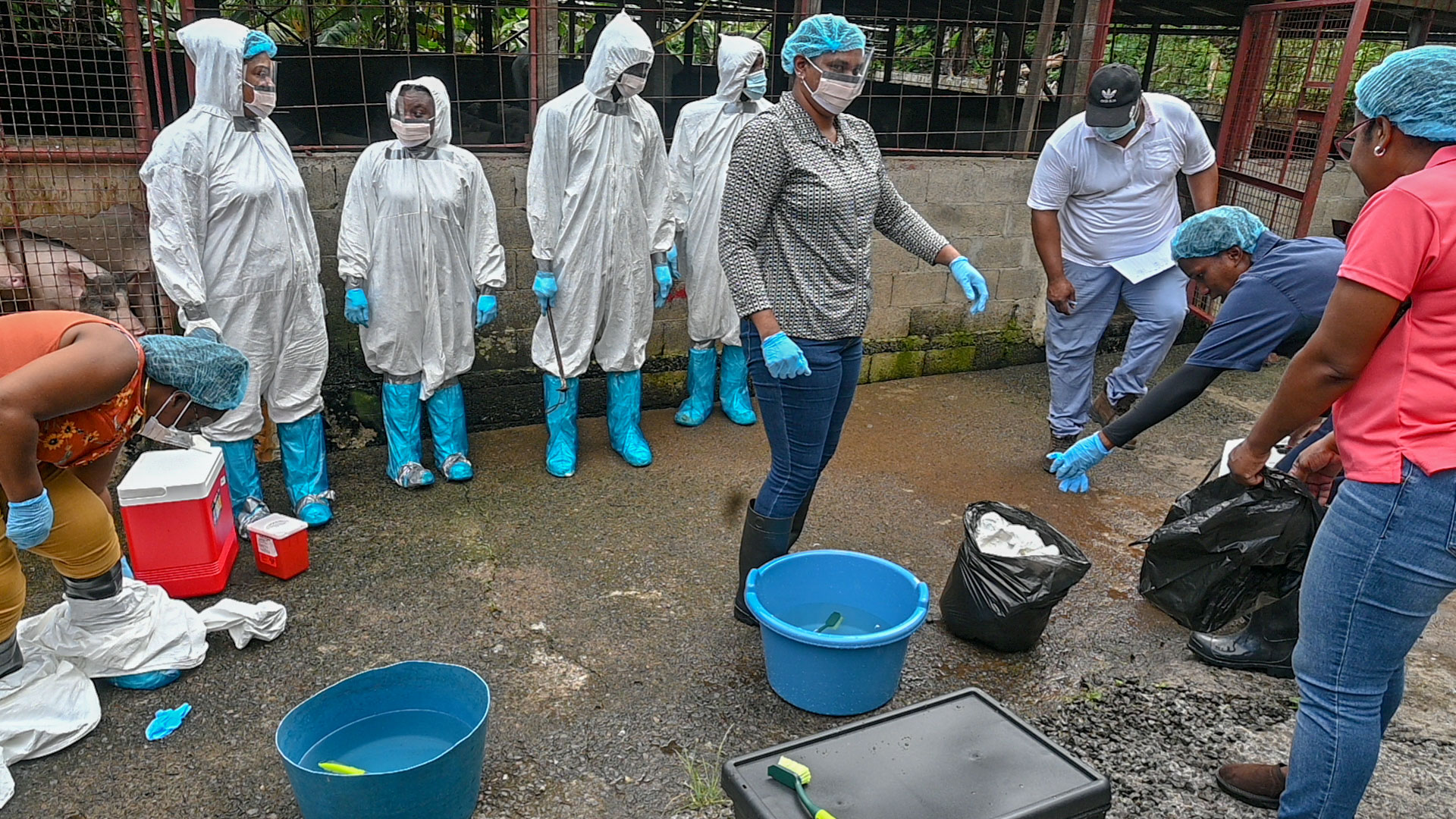African Swine Fever Mock Simulation
February 28th 2025
On February 28, 2025, the Veterinary and Livestock Services Division conducted an African Swine Fever (ASF) mock simulation as part of its ongoing preparedness efforts. This exercise served as a preliminary test ahead of the full-scale ASF simulation scheduled for May 2025. The objective was to evaluate the department’s readiness to respond to an ASF outbreak and identify areas for improvement in disease control and emergency response.
The training exercise focused on three key areas:
- Review of Standard Operating Procedures (SOPs) for managing an animal disease emergency, ensuring that protocols are well understood and effectively implemented.
- Personal Protective Equipment (PPE) Training, emphasizing the correct donning and doffing procedures to prevent disease spread and protect personnel.
- Sample Collection Protocols, demonstrating the proper techniques for obtaining and handling blood samples collected from pigs, for laboratory testing.
What is African Swine Fever (ASF)
African Swine Fever is a highly contagious viral disease that affects domestic and wild pigs, with no available vaccine or cure. The virus spreads through direct contact with infected animals, contaminated feed, equipment, and even clothing. An ASF outbreak can have devastating consequences, including high mortality rates in pigs, severe economic losses for farmers, and disruptions in the pork industry.
The need for strong preparedness measures became even more critical following the 2021 outbreak in the Dominican Republic and Haiti—the first in the region in over 40 years. This resurgence underscored the vulnerability of local swine populations and the importance of early detection, biosecurity, and rapid response. Given the potential impact on food security, this simulation exercise is a proactive step to strengthen national preparedness and mitigate the risks associated with the introduction of the ASF virus.
